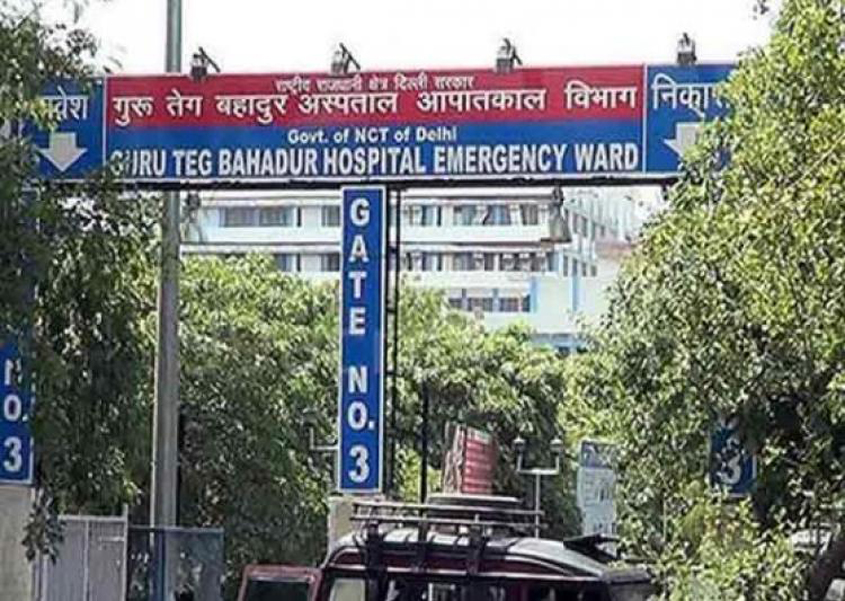The apathy of doctors and lack of infrastructure in Delhi’s government-run hospitals have compounded the miseries of thousands of poor patients, as the hospitals are not following the norms laid down by the Delhi government for the treatment of Economically Weaker Section (EWS) patients of the city.
Several Liaison Officers (LO) appointed by the Delhi government to keep a watch on the treatment of patients from the EWS category, have revealed in a report that even the government hospitals turn them away without treatment due to lack of facilities in these hospitals.
“As per the rules prescribed by the Delhi government for the treatment of patients from the EWS category in these hospitals, the poor can avail free health care and monetary assistance meant for those in need so that they can buy the expensive medicines needed for their treatment. However, this has turned out to be a mere false promise,” a source in Guru Teg Bahadur Hospital said.
“Guru Teg Bahadur Hospital is the main centre of health for poor residents of East Delhi. Here three of the 10 X-Ray machines have not been working for a long time. Some of the essential surgical equipment such as sutures and surgical blades are not available either,” a source said.
“Almost all government hospitals are struggling with poor facilities and infrastructure. Deen Dayal Upadhyay Hospital, one of the biggest hospitals of the West Delhi area, serves 7,000 patients daily, but has only three functioning CT scan machines. In such a situation, free treatment for the poor becomes just a slogan,” the source said.
“Delhi has 38 government hospitals, but not all of them are running perfectly. Some government hospitals have testing machines that don’t work and often offer incorrect readings. In all, 11 hospitals have admitted in an RTI reply to not having functional CT scan machines, ultrasound machines and MRI machines,” Rajat Gupat, an RTI activist working for poor patients, said.
Ashirvatham, a doctor and member of a consumer rights group, said: “There’s no question that patients are suffering in some of the government hospitals. Medicines are out of stock, so patients are forced to buy them from private medical stores at a high cost. For many poor patients, this is simply unaffordable.”
“Many private hospitals have taken advantage of the lack of medicines, equipment and infrastructure in some government hospitals and have set up thriving businesses outside them. There are dozens of private testing facilities and medical stores outside every government hospital in Delhi,” he said, adding that though this is not a happy situation, there are some government hospitals in Delhi that do great work and have decent infrastructure.
Activists say that many of Delhi’s upscale private hospitals turn away the poor, many from underprivileged communities, in whose name they got subsidised land, even in serious and critical cases.
Activists say that as per norms, 51 private hospitals in Delhi are together required to set aside nearly 1,700 beds for the treatment of patients from the EWS category, under lease agreements. They say that hardly any one of these hospitals are fully abiding by these agreements. The private hospitals have said in various courts that the government and they interpret the meaning of “free” differently.
A monthly report sent by the LOs to the EWS unit of the Directorate of Health Services of the Delhi government has revealed that private hospitals are providing only 10% beds to patients form the EWS category.
Rubbishing the allegations, Hem Prakash Sharma, additional director of the EWS unit, said: “I am not aware of any complaint that the hospitals are not following the EWS quota rule. We keep tabs on the private hospitals. If any such reports come, the department will initiate action against the hospital concerned.”

